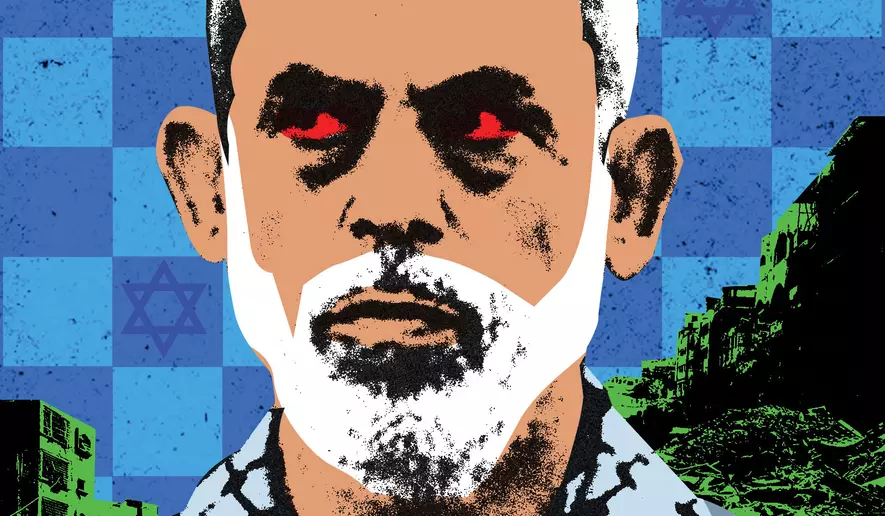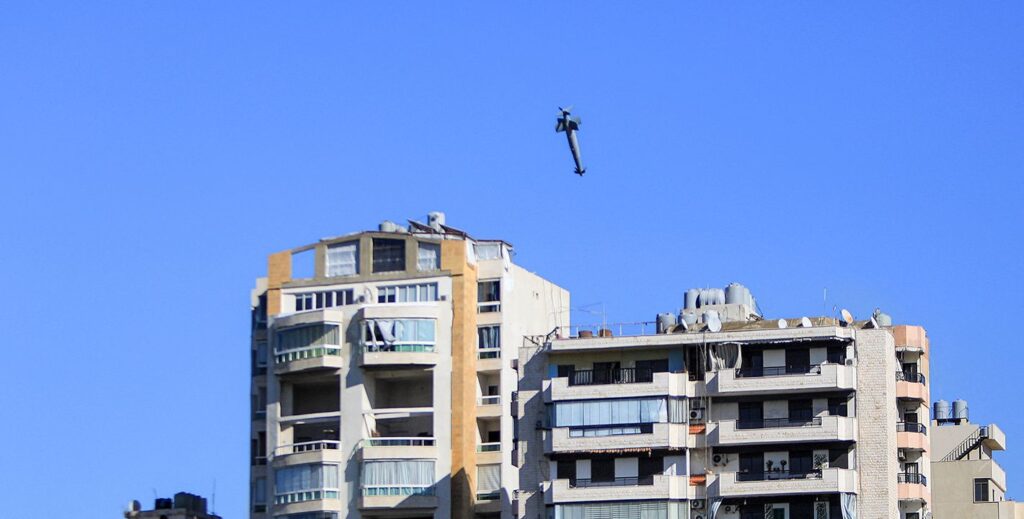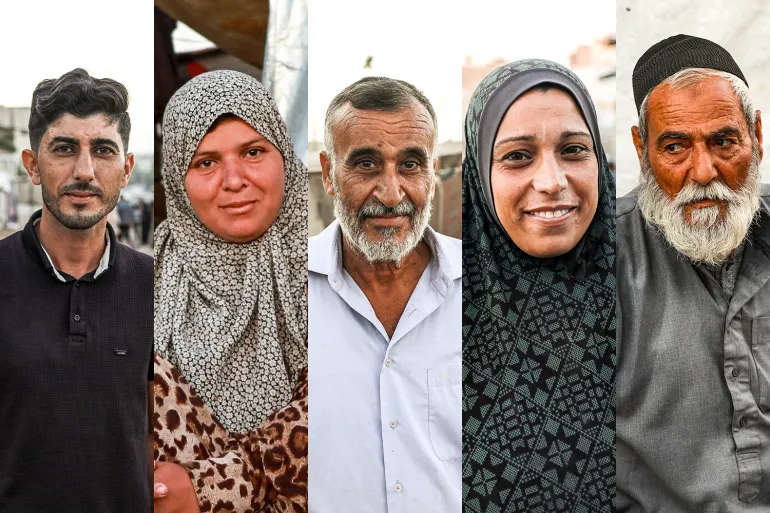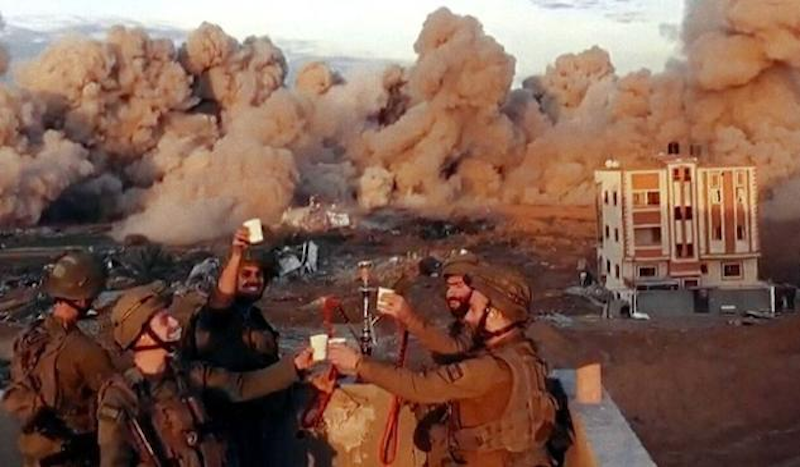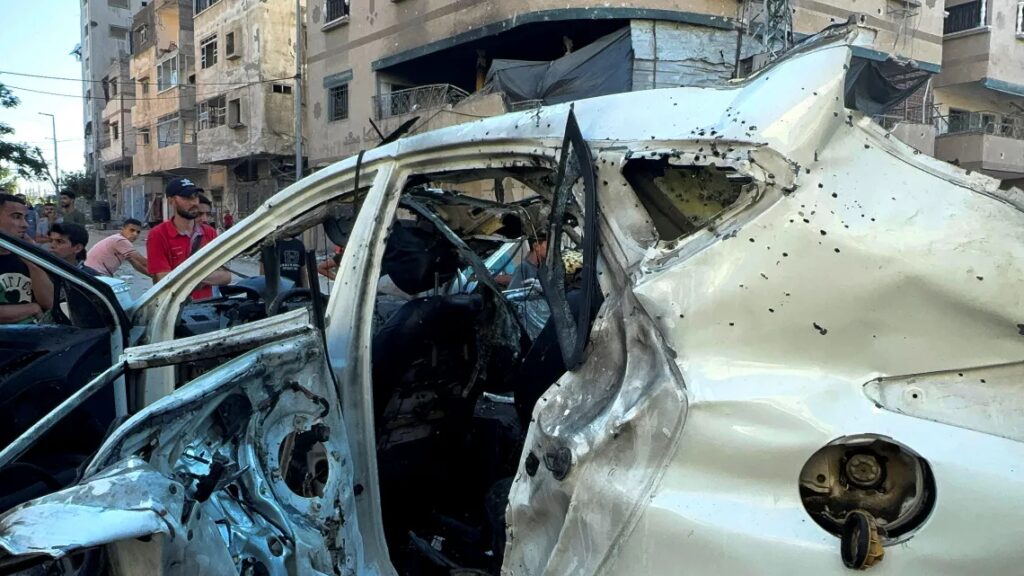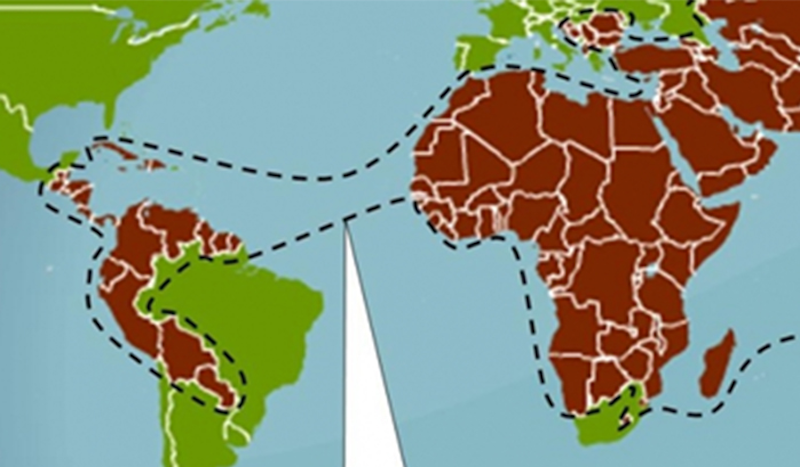Welcome To BRICS+: The Economic Power Of Multipolar World – Analysis
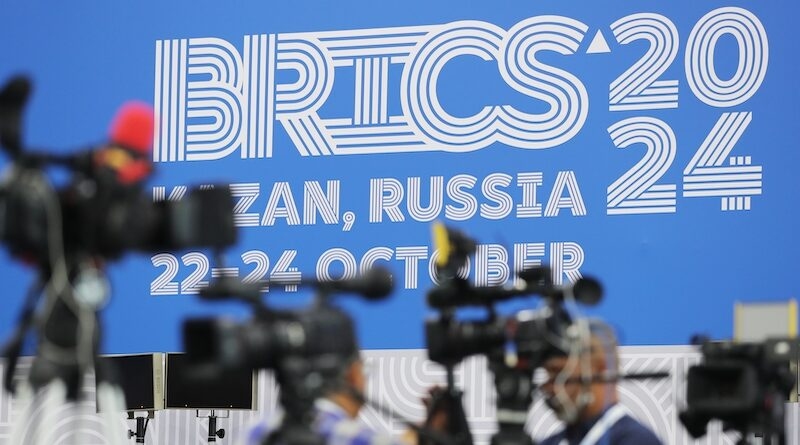
The developing world arrived in Kazan, the capital of Republic of Tatarstan, driving by economic transformation proposals backed by the numerical strength of participants to portray their collective weight of influence to boost de-dollarization and a new global financial payment system, design a new mechanism for a long-term economic integration and complex architecture. For much of its significant collective activities these past several years, BRICS (Brazil, Russia, India, China and South Africa) has been viewed and described from perspectives of supporting the economic development in the Global South, Southeast Asia and Africa.

